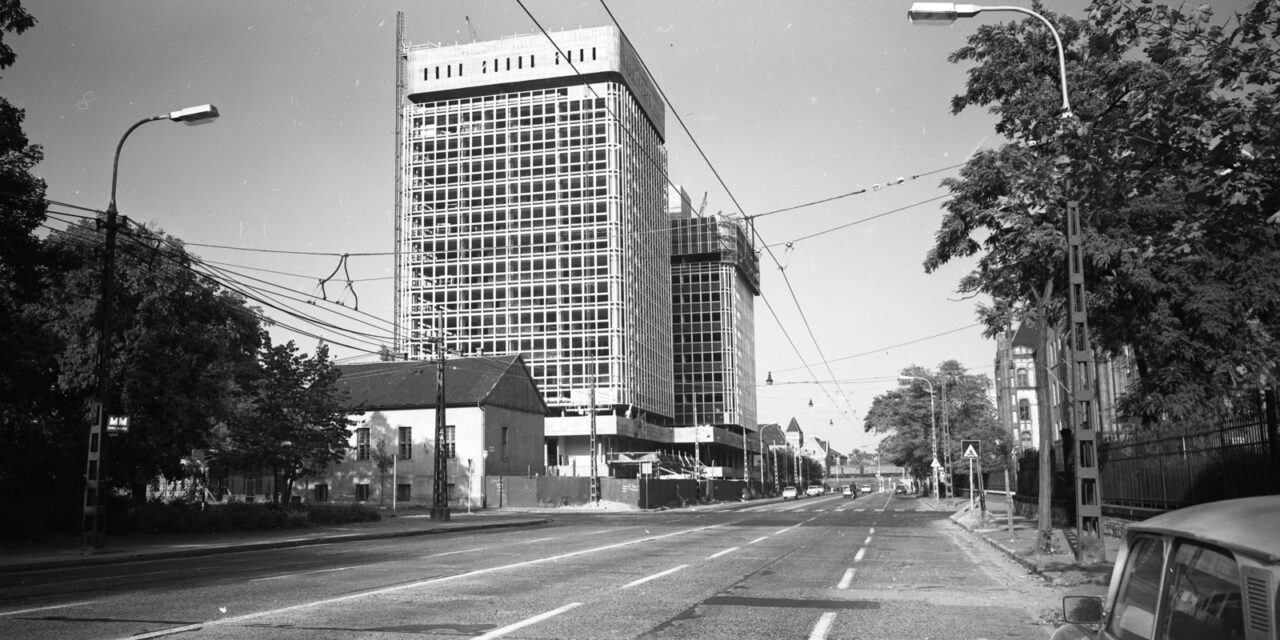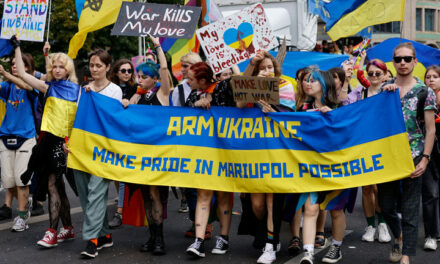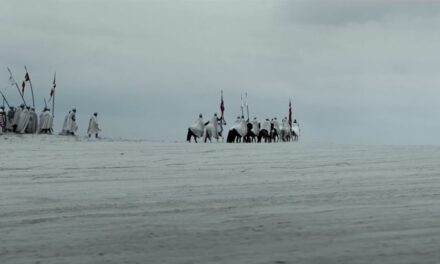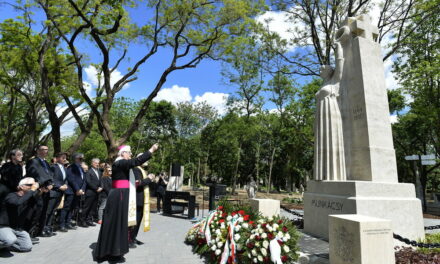The historian Zsuzsanna Borvendég's series was originally published on the PestiSrácok website, but there are certainly those who missed it. But those who haven't read all the parts should also read it again. Knowing the whole picture, can we understand how we got here?
From the fall of 1972, it became possible for foreign trade companies to establish companies in the capitalist West without a special permit. They were not idle either, the company founding fever soon started. The insiders were already preparing for the opening opportunity even before the birth of the legislation, so we also know of a company that was created in August 1972 specifically to use it to start expanding in the markets of the free world.
On August 17, 1972, a company called Eurocom was registered in Hungary, which was founded by the CEOs of some large companies, and with its organization István Práczki , MNVK-2. a professional intelligence officer was assigned. The three million HUF capital required for the foundation was provided by military reconnaissance; their goal was to put the operation of intelligence on a business basis.
In addition to individual profit-making based on corruption, they also sought to supplement the budget of the secret service;
this was simply called currency mining. Before we dive into the excitement of starting a company, let's see what this now-forgotten term actually meant. Currency mining and corruption
The secret services of the Soviet bloc constantly needed currency extraction, since the satellite states were short of convertible currency, and moreover, their budgets would have been unable to manage the financial cover necessary to serve the Soviet world domination aspirations. In order to finance the covert operations, they had to tap into sources of money that could not be linked to any of the intelligence agencies of the Eastern Bloc, or even to a socialist state.
Many techniques were used for currency extraction, but of course foreign trade provided the widest opportunities, one of the magic words of which was "constitutional cost". The corruption funds that were provided from the central budget for business deals with outsourcing companies and secret services were called "constitutional costs" with some shame. Officially, they were called "extraordinary expenses of a confidential nature" and the use and accounting of sums functioning as bribes were centrally regulated.
"Extraordinary expenses of a confidential nature must be understood as financial sacrifices related to the conclusion and negotiation of individual contracts, as well as the acquisition and maintenance of markets and quotas, as well as the expansion of goods traffic, the direct or indirect beneficiary of which is a foreigner, and which does not qualify as ordinary direct or indirect expenses related to goods traffic as a cost (discount, commission, propaganda, representation, etc.)" - states the contemporary decree of the Minister of Foreign Trade. When the deals were concluded, only the director or deputy of the foreign trade company was authorized to accept the commission agreement.
The documents of the agreement had to be treated confidentially, and the related agreements were preferably written on neutral (without letterhead) paper, without a corporate signature or stamp. In other words, less strict rules applied to the accounting of this kind of financial resources, and in the absence of a corporate signature, it was not easy to determine who was responsible afterwards.
He got it, he stayed - Already for whom
The "constitutional cost" was therefore a cover for state-sponsored corruption related to business deals , but secret service actions and other disguised tasks defined by central policy were also financed from this framework. The amounts were transferred by the Magyar Nemzeti Bank (MNB) to the foreign trade companies and to the commercial branches operating in major foreign cities, of which Frankfurt and Rome were perhaps the most significant, and the readers of this series already know that these branches without exception were intelligence bases - Frankfurt and Rome were MNVK-2. was under his control. The constitutional budget could be decimated in the simplest way by demanding a few percent of the commissions paid out of it back from the corrupt businessman. These refunds really didn't show up on any statements anymore; some of them presumably increased the budget of the service, but the greater part migrated to private accounts.
The commission system became more and more separated from its original purpose, and the political goals took a back seat. Although support for Western left-wing parties was on the agenda until the regime change, corruption gained more and more ground in the selection of trade partners, relegating ideology to the background. For example, the relations established with the industrial companies of GDR, which is considered the most important trade partner among the capitalist countries, were mostly based on which company pays more to the decision-making company manager. These commissions were in addition to the regular price discounts for the merchant implementing the specific business, which were mostly deposited into accounts opened in local, West German banks.
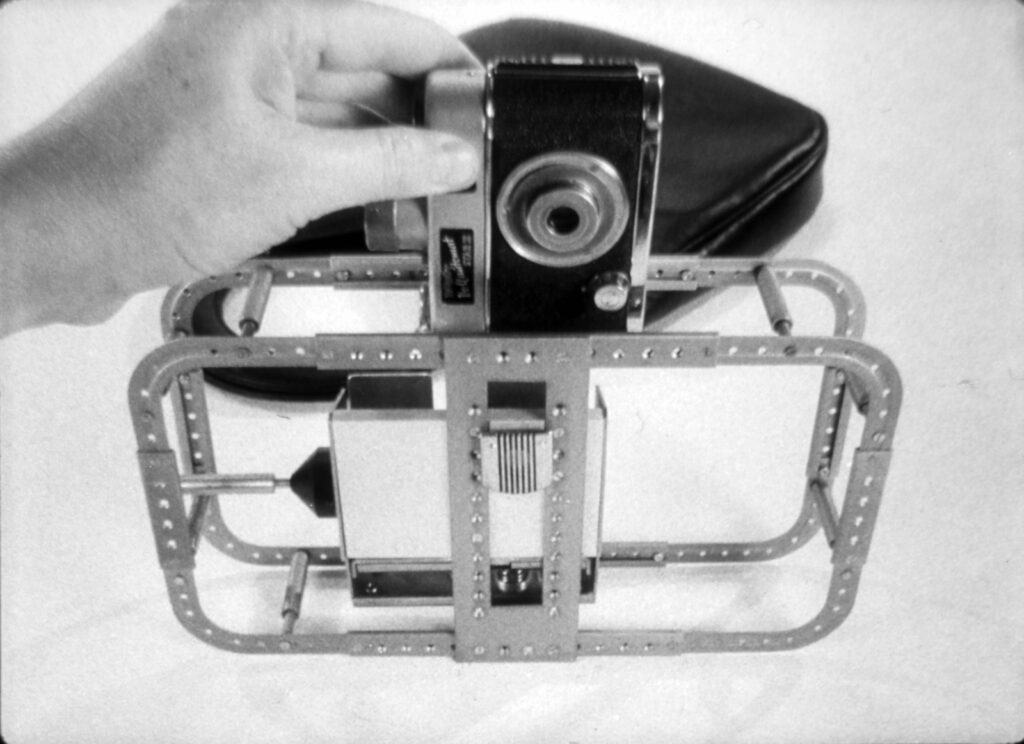
Intertwined with service. The picture is an illustration: placing the Robot Star II automatic camera in the camouflage bag. (Source: Fortepan; donor: BM Filmstúdiókép)
Accounts held in Western banks
Originally, the commissions that Western companies paid to representatives of Hungarian companies in order to enter the Hungarian market were also intended to ease the country's currency weakness. The official way of placing the bribe was that the commercial company paid it to the MNB and received its value in HUF. Although the company did not suffer a loss in this way, since the bribe remained in the company's coffers, even if it was in forints, the personal benefit of the trader involved in concluding the deal was missing.
It is perhaps not surprising that the people involved transferred the bribes to accounts held in Western banks. And Western companies had a well-understood interest in maintaining the "trust" of Eastern traders, as they opened doors to important markets. The corruption network therefore operated in both directions, in principle with the approval of the party-state, since hard currency was always needed; it is another matter that a significant part of this amount has disappeared.
Eurocom and the network
The military secret service, or MNVK-2. his self-founded company, Eurocom, was partly created to take advantage of these financial instruments, with which they wanted to put the operation of intelligence on a business basis, and of course the economic growth of the increasingly strong hard core (some officers with close party ties and who also use underworld means) within the organization. Although it is a common practice for secret services to operate their own covert companies, from whose legal revenues they can finance secret actions whose success requires the concealment of espionage, Eurocom's operation is still peculiar, especially under Hungarian conditions.
At the board meetings of the company, managers of various impex companies were present, those who are members of the MNVK-2. as winners, they belonged to the informal network of the military secret service: István Dévai , Deputy CEO of Metalimpex; Ferenc Dergács , CEO of Monimpex; Ferenc Jurassa , CEO of Agrimpex; Albert Dézsi , CEO of Terimpex; János Szabó from the official staff of the secret service , MNVK-2. lieutenant colonel and István Práczki , founder and first director of Eurocom and lieutenant colonel of military intelligence.
The difficulties surrounding the founding of the company were smoothed over by Práczki, who used his extraordinary talent to break out market shares for the company, but since he did not belong to the inner circle, after establishing the company's success, he was removed from Eurocom's vicinity.
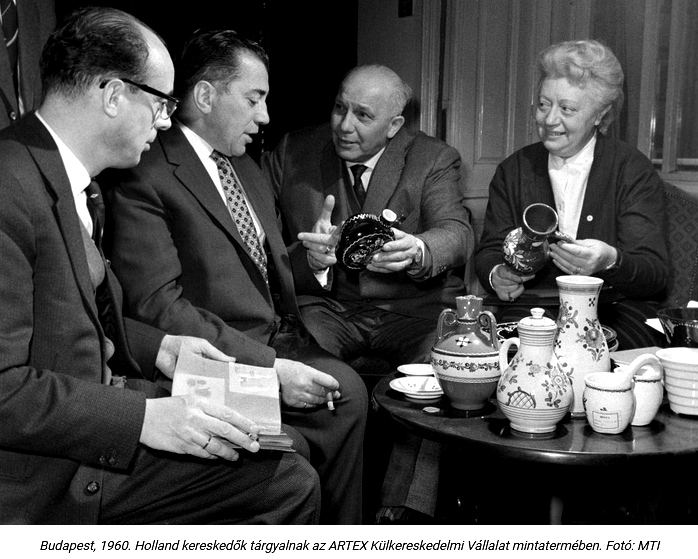
An extract report
The organization of Eurocom's cover-up required a serious conspiracy, which at first was less resolved, so - according to István Práczki's recollections - the Ministry of Foreign Trade conducted several audits against them, because it was suspected that they were dealing with a private company disguised as a state . The suspicion was actually true, but the fall could have been avoided , because "the company eavesdropped on the auditor's report", that is, the military secret service seized it in time and removed it from the opaque system of the bureaucracy.
The midget company, which started off a bit shaky, soon entered the domestic foreign trade market as a successful intermediary.
No one hindered its operation, the interest group behind it obviously had good connections, even though its appearance on the market harmed the interests of several state-owned companies. It became the exclusive domestic distributor of several world-famous Western companies, such as the British oil company BP, the German Linde, the Swiss Oerlikon or the Swedish Addo. raised purchase prices. Metalimpex had been in contact with the Swedish company ESAB for many years, but after the creation of Eurocom, István Dévai, one of the managers of Metalimpex, kept the interests of the new company in mind: he installed MNVK-2 as an intermediary between the Hungarian foreign trade company and ESAB. his business, which, according to state security, caused 30-35 thousand Swedish kroner in national economic damage every year.
The Intereurop joint venture was launched
Eurocom quickly developed into a profitable enterprise - with such a background it was not difficult - and soon began to expand towards the West, since this was the most important goal. His first joint venture was a company named Intereurop and registered in Vaduz, of which two were created at the same time: a company based in Vienna was also created with the same name. The founders may have been motivated by tax considerations to come up with the surprising solution, since Liechtenstein was considered a tax haven; it was common practice for Western European companies to set up their business in the dwarf state, regardless of their place of operation. "For tax reasons, Intereurop Vaduz receives the compensation for Intererurop Wien's services," reads the internal correspondence of the company founders. However, the practical implementation of this provision was only followed according to a tacit agreement: "If possible, we will avoid those details to be handled confidentially, the disclosure of which is not desirable in administrative instructions."
MNVK-2 is tax evasion, i.e. classic offshore. in Tarsoly at the beginning of 1973.
Source: PestiSrácok
Author: historian Zsuzsanna Borvendég
(On the cover photo: Ajtósi Dürer row, the Metalimpex-Konsumex headquarters building is being built opposite at the intersection of Hungária körút. Source: Fortepan )

